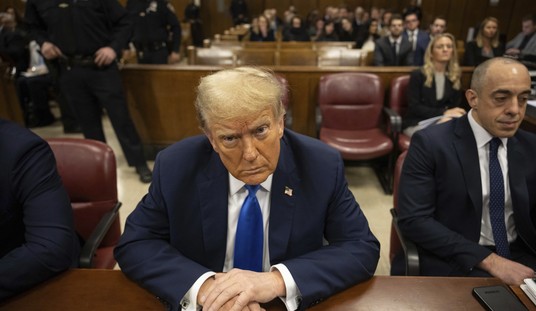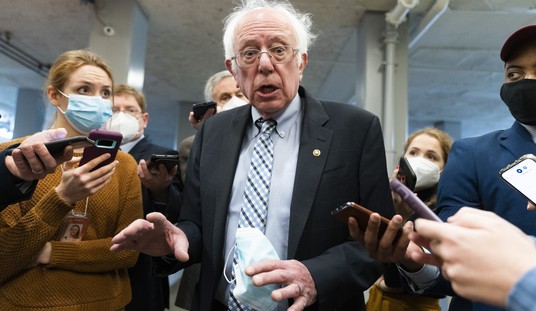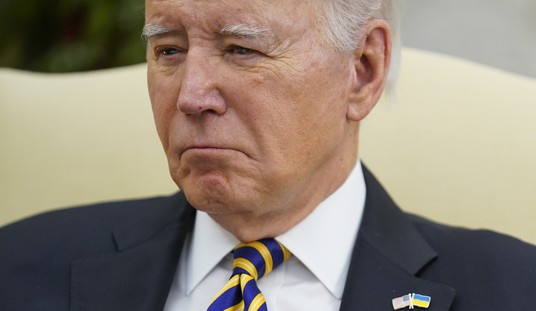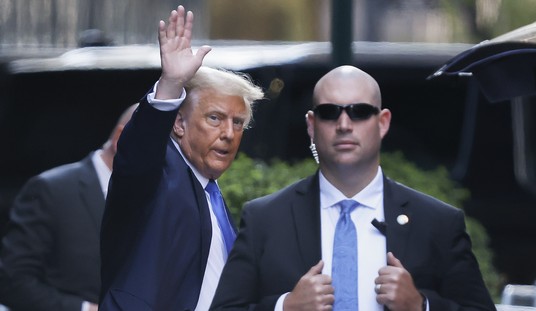Your mother probably told you — many times — to eat your peas. That’s because, while they don’t taste that great, peas are good for you.
Governments don’t eat. They devour, perhaps, but they don’t eat. Still, like eating peas, there are things that government needs to do but doesn’t want to do. At the top of the list is accounting.
In his new book, The Reckoning, Professor Jacob Soll of the University of Southern California reviews the history of accounting and shows how the rise of double-entry bookkeeping has made people wealthy throughout the centuries. He also explains why government doesn’t much care for applying those same accounting principles to itself.
“Those societies that have succeeded are not only those rich in accounting and commercial culture but also the ones that have worked to build a sound moral and cultural framework to manage the fact that humans have a regular habit of ignoring, falsifying, and failing in accounting,” he writes. “This book examines why a lesson so simple has so rarely been learned.”
But what he ends up showing is it’s not so much that the lesson hasn’t been learned. It’s that the lesson has all too frequently been ignored.
Soll begins with the rise of the Italian city states of the 12th century, which was primarily driven by the perfection of double-entry bookkeeping. That enabled merchants to keep track of debits and credits. It was a time-consuming process, but one that paid off by making those who were skilled in it very wealthy. Still, proper accounting didn’t take root in the realm of government; that would have to wait hundreds of years, Soll notes.
It wasn’t until the 1600s that Dutch scholar Simon Stevin asked the crucial question: Why do government clerks so often become rich themselves, yet leave their offices in debt and financial chaos? He asserted that merchants would make better treasurers than the bureaucrats who were then working for the Dutch leader. Soll writes that Holland soon surpassed Spain as an economic power.
Perhaps the reason Holland was the first country to embrace double-entry bookkeeping is because of what we today might call federalism. Because so much of the country is below sea level, local water boards were set up to build drainage systems and canals. “If funds and public works were mismanaged, regions would simply be swallowed by water, and many would die,” Soll writes. Thus people demanded accountability from their local governments, and proper accounting provided it.
Contrast that with our own time. When disaster struck New Orleans in the form of Hurricane Katrina in 2005, the local and state authorities proved incompetent. Everyone looked to the federal government to step up. It certainly managed to spend plenty of money — an astounding $1 billion per day at one point — but few were satisfied with the federal response.
Soll’s research also highlights how little government’s view of its citizens has changed. During the Renaissance he notes that Plato’s allegory of the cave, “which described a lower cave people being ruled by an intellectual elite who though the wisdom of their souls sought the good of the republic,” was the governing ideal.
It still is.
When today’s governing “experts” — from elected members of Congress to unelected bureaucrats at EPA, the IRS, NSA and other alphabet soup agencies — look at the U.S., they see mostly “flyover country.” This starts at the very top.
President Obama, for example, has crisscrossed the country, from Georgetown to UC Irvine, to warn students that carbon dioxide is the biggest problem their generation faces.
Meanwhile, on the ground in Ohio, the Washington Post reports matter-of-factly about towns where the only jobs available are as a nurse’s aide. It’s “the fastest-growing job in America — cornerstone of the recovery, what government economists referred to as ‘the opportunity point’ in the greatest economy in the world,” the paper enthuses. It means “changing bedpans, pushing wheelchairs, cleaning catheters and brushing teeth.” It’s safe to say people doing these jobs are more worried about landing better-paying work than they are about CO2.
It’s time to take Soll’s lesson to heart. Americans should insist that our federal government live by the same accounting restrictions it puts on private companies.
This hasn’t happened. As economic historian John Steele Gordon wrote in 2004: “the one major fiscal area where generally accepted accounting principles and independent accountants have remained rare is in government.” His book, An Empire of Wealth, explained how America became rich. Yet it noted that “the federal government — the largest fiscal entity on earth — still keeps its books in much the same way as it did in the nineteenth century.” Hence today’s $17 trillion deficit, and the tens of trillions more in unfunded liabilities.
Governments, from Louis XIV’s in France to America’s today, don’t think they can afford to engage in honest accounting. Soll’s book makes it clear that the rest of us cannot afford to let them get away with dishonest accounting.
****
image illustration via shutterstock / Michaela Stejskalova










Join the conversation as a VIP Member